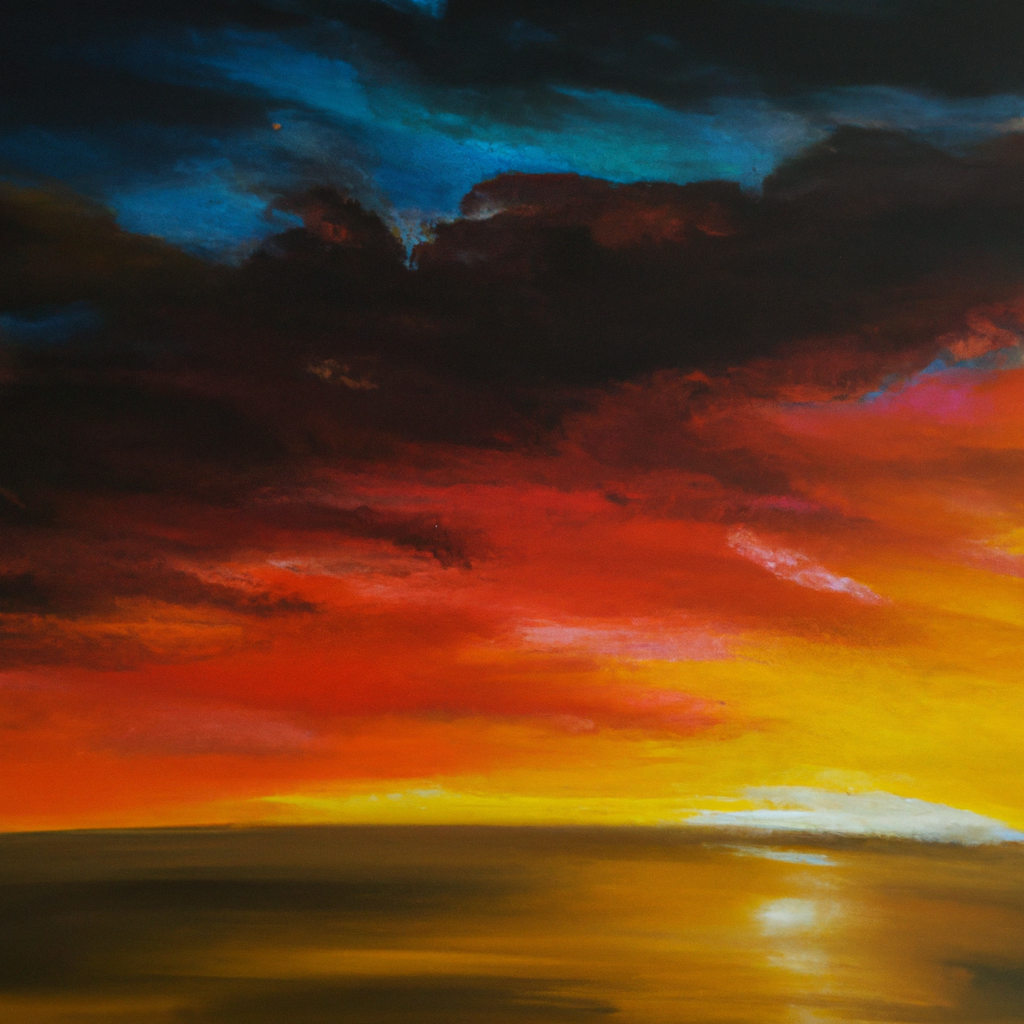Join Schopenhauer, Camus, Dante, and Byron in a thought-provoking discussion that delves deep into the heart of human existence. From the pain of the Will to the rebellion against the Absurd, from the divine aspiration to the beauty of passion, the essence of humanity is explored in all its complexity and nuance.
Schopenhauer: Good evening, gentlemen. I propose we discuss the essence of humanity, that is, what it means to be human. My suggestion is that the human essence is defined by the Will — that all-encompassing force that drives us, not only toward survival but also toward desire and suffering.
Camus: Suffering, yes, but also absurdity, Schopenhauer. Our essence is not defined solely by the Will, but also by our struggle to find meaning in an indifferent universe. We are creatures trapped between our longing for significance and the cold, unyielding silence of the world.
Dante: But Albert, and Arthur, you both seem to forget the capacity of humans to embody virtue and reason. Our essence, I believe, lies in our capacity for love, for justice, for truth. We are not just creatures of desire or absurdity, but beings capable of discerning the divine order and contributing to it through our actions.
Byron: Dante, while I admire your optimism, I’m inclined to side more with Camus and Schopenhauer. I see human essence as a tumultuous sea of passion, creativity, and desire, often leading us into folly and ruin. Yet, in this struggle and despair, there lies beauty and romanticism.
Schopenhauer: Byron, your perspective speaks to my understanding of the Will, yet it lacks the pessimistic undertone I uphold. The Will, in its relentless pursuit of desire, only leads to a cycle of pain and disappointment. We are fundamentally beings of suffering.
Camus: I cannot fully agree, Arthur. While suffering is a part of human existence, so too is the fight against it. Our essence, I posit, is found not in surrendering to suffering or the absurdity of existence, but in rebelling against them. It’s in this rebellion that we affirm our humanity.
Dante: But Albert, isn’t that rebellion itself a manifestation of love, of justice, of truth? Are we not, then, saying the same thing from different perspectives? Our essence is not just in suffering or rebellion but in our aspiration for the divine.
Byron: Indeed, Dante. We are creatures of passion and longing. Whether we strive towards the divine, rebel against suffering, or are swept along by the chaotic sea of life, it is this fervor, this intensity of living, that defines us.
Schopenhauer: So, we agree that the essence of humanity lies in our striving — whether it be towards suffering, rebellion, the divine, or passion.
Camus: Indeed, we do, Arthur. The essence of humanity is a constant struggle. It is a paradoxical dance between the Will and the Absurd, between despair and rebellion, between passion and ruin.
Dante: And thus, we find unity in our perspectives. We are beings of struggle, but also of aspiration. We are, as humans, a testament to the divine comedy of existence.
Byron: Well said, Dante. It seems our discourse has reached a shared understanding. We are as complex and multifaceted as the lives we lead — beings of desire, absurdity, rebellion, passion, and divine aspiration. Such is the essence of humanity.
